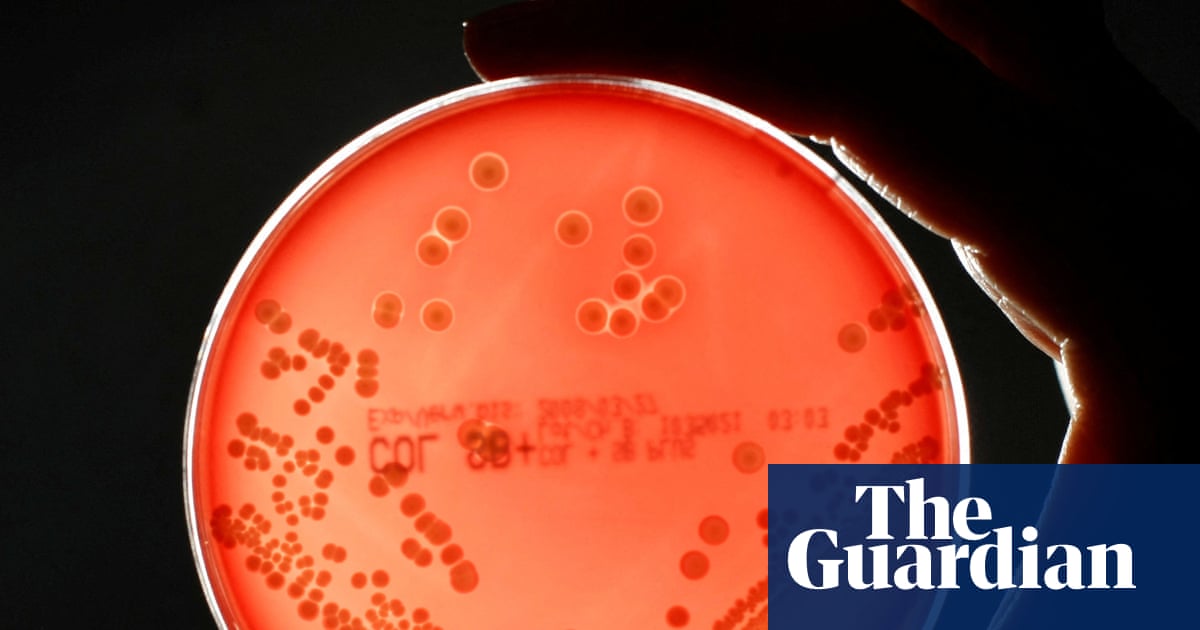T4K3.news
Superbugs projected to cost global economy $2 trillion by 2050
New research shows that antibiotic resistance could lead to millions of deaths and massive economic losses.

Recent research highlights severe economic and health risks posed by antibiotic resistance.
Superbugs threaten global health and economic stability by 2050
A new UK government-funded study reveals that superbugs could cause millions more deaths globally and lead to an economic loss of nearly $2 trillion annually by 2050. The research, conducted by the Center for Global Development, predicts that without significant action against antimicrobial resistance (AMR), global GDP could decrease by $1.7 trillion over the next quarter-century. Countries like the US, UK, and EU will bear the brunt, particularly after significant aid cuts that undermine efforts to combat AMR. Currently, AMR is expected to contribute to a 60% rise in related deaths by 2050, with heavy financial implications for healthcare systems, including a potential increase in treatment costs to nearly $176 billion per year.
Key Takeaways
"The threat of AMR is increasing, and without immediate action... a simple infection could become deadly."
Dr. Mohsen Naghavi warns of the looming dangers of AMR on public health.
"This would result in millions more people dying worldwide..."
Anthony McDonnell emphasizes the severe consequences of budget cuts to AMR programs.
"...the economic impacts of antimicrobial resistance were anticipated to follow historical trends."
Anthony McDonnell discusses expectations regarding AMR trends in relation to funding cuts.
"Our health plan recognizes antimicrobial resistance... as a major threat."
A UK government spokesperson highlights their commitment to combat AMR.
This study serves as a stark reminder of the potential fallout from ignoring the threat of superbugs. If current trends in antibiotic misuse continue along with budget cuts to AMR programs, the consequences could be catastrophic, affecting not only public health but also economic stability. The findings emphasize the need for renewed investment in research and treatments, alongside public education about antibiotic use. The vested interests of national and global economies are at stake here, making the call for action even more urgent.
Highlights
- Ignoring superbugs could lead to millions more deaths by 2050.
- Investing in antibiotics today can save global economies tomorrow.
- Antimicrobial resistance is a threat we cannot afford to overlook.
- Healthcare costs from superbugs could rise to $176 billion annually.
Concerns over antimicrobial resistance funding cuts
Budget cuts to aid for combating AMR threaten to exacerbate superbug rates, leading to more deaths and increased healthcare costs.
Addressing this crisis now could save lives and safeguard economies in the long run.
Enjoyed this? Let your friends know!
Related News

UN chief announces shift towards renewable energy

UK invests £700m in solar storm response

Jerome Powell's remarks will influence market expectations

Trump continues anti-renewable stance in Scotland

Jamie Dimon warns about private credit risks

Intel to cut 24,000 jobs and end projects in Europe and Costa Rica

UK borrowing exceeds £20bn in June

Company insolvencies drop in England and Wales
